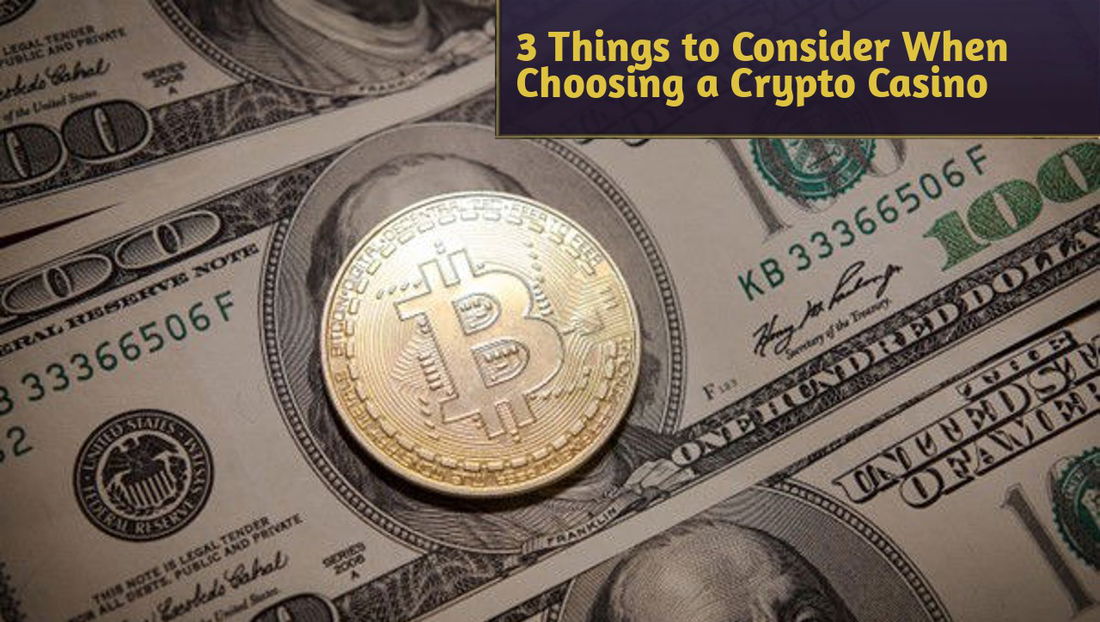Due to the varying cultures and the different histories each country has had, you won’t find the same attitudes to online gambling and you won’t find the laws to always be uniform and even among EU states, this is left to individual states to govern.
The stark differences in the key players in the European online gambling market are sometimes advantageous as they provide a unique set of legalities for adventurous gamers but can be a nightmare for gaming developers who want to expand their businesses to other countries.
Norway: A Strict Stance on Online Gambling
Norway stands out in Europe for its rigid approach to online gambling. The country has adopted a strict monopoly model. The state-owned entity, Norsk Tipping, is the only one that can offer online gambling services within the country's borders. According to betting expert, Thomas Kinkaj-Grønvold, the Beste Norske Casino available to locals leaves only one choice for finding outside state owned options.
This is because, in Norway, only Norsk Tipping has a license to legally operate physical and online casinos. However, it is perfectly legal for Norwegians to play at foreign online casinos that have a valid license from other recognized regulatory authorities such as the Malta Gaming Authority (MGA) and Curaçao eGaming.
The Norwegian government has gone to great measures to prevent offshore casinos from accessing the Norwegian market, although it can be difficult to prevent players from accessing offshore sites, especially if measures like using a VPN are resorted to. The measures they have taken include payment blocking, which prohibits banks from processing transactions to offshore gambling sites. Although the state monopoly aims to protect consumers from the potential dangers of gambling, critics argue that it limits player choice and innovation.
The United Kingdom: A Competitive Online Gambling Market
The United Kingdom has established itself as a leading center for online gambling. The Gambling Act established in 2005 provides the legal framework for the country’s gambling industry, and the UK Gambling Commission (UKGC) is the regulatory body in charge of monitoring the sector. It is known for its strict adherence to regulation, paying high attention to player protection, and fair gaming.
Operators must comply with strict licensing requirements, including financial checks, anti-money laundering measures, and policies governing responsible gambling. The country has a very competitive online gambling market with a wide range of operators offering various products, from sports betting to casino games, crypto casinos, and poker. A lot of measures have been put in place to protect vulnerable players, including age verification, deposit limits, as well as self-exclusion.
The now infamous GamStop program has caused quite a stir as the UKGC has made it compulsory for platforms that want to be registered to register with it. As a result, this has sent many players flocking to offshore sites that can circumvent these programs. Sadly, while no balance has been found, the UKGC is slowly being deemed overly restrictive in the industry, with more and more players preferring other jurisdictions as a result.
Malta: The European iGaming Hub
Although the UK is a leading online gambling center, Malta is quite the competitor and has solidified its position in the industry. The country has very favorable regulations, and that along with its strategic location—a scenic island—has attracted numerous operators seeking to get their businesses licensed and established there.
A little-known fact is that Malta was actually one of the first countries to regulate online gambling, introducing the Lotteries Act in 1976. This gave Malta a head start in developing a bulletproof regulatory framework. All of the online gambling conducted in Malta is overseen by the Malta Gaming Authority (MGA) which has a firm stance on regulatory compliance. Despite the strict laws, the attractive tax incentives offered to iGaming businesses make it a cost-effective location for gaming operators.
Challenges in Europe’s Online Gambling
Although the differences in regulations make each country special, the varying regulatory frameworks across European countries are actually quite challenging. For operators to navigate them, they have to overcome the following challenges:
● Compliance costs are high.
● Trying to navigate different legal requirements can be quite time-consuming and resource-intensive.
● Balancing the need to protect vulnerable players with a thriving industry is a delicate task.
● Lawmakers and operators must work together to create effective responsible gambling measures.
● The online casino industry is also at risk of being exploited for money laundering and fraud.
● Every day new cases of cybercrime in the online casino industry are brought to life.
While there is a growing recognition that consumer protection and responsible gambling laws are needed, the principles are implemented in very different ways. As technology continues to evolve and consumer behavior shifts, the pressure on European countries to harmonize their regulatory frameworks may significantly increase.











— Comments 0
, Reactions 1
Be the first to comment